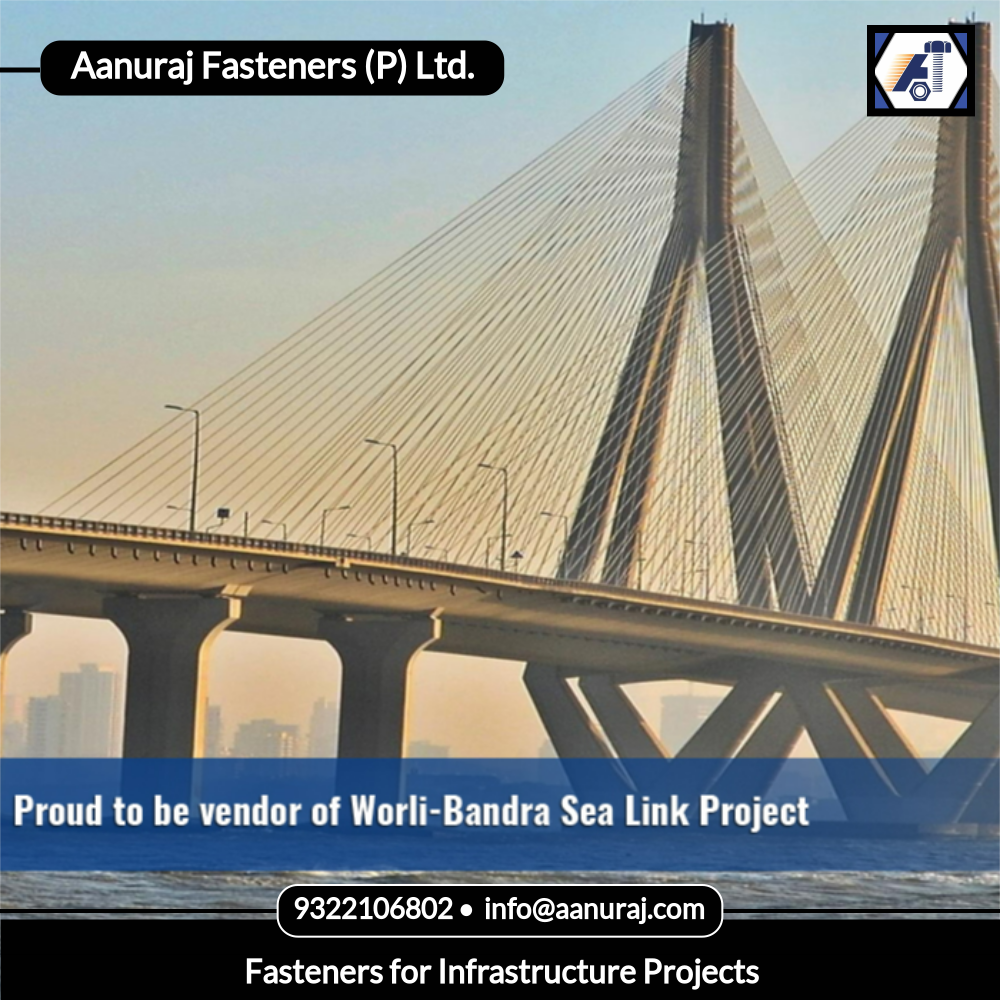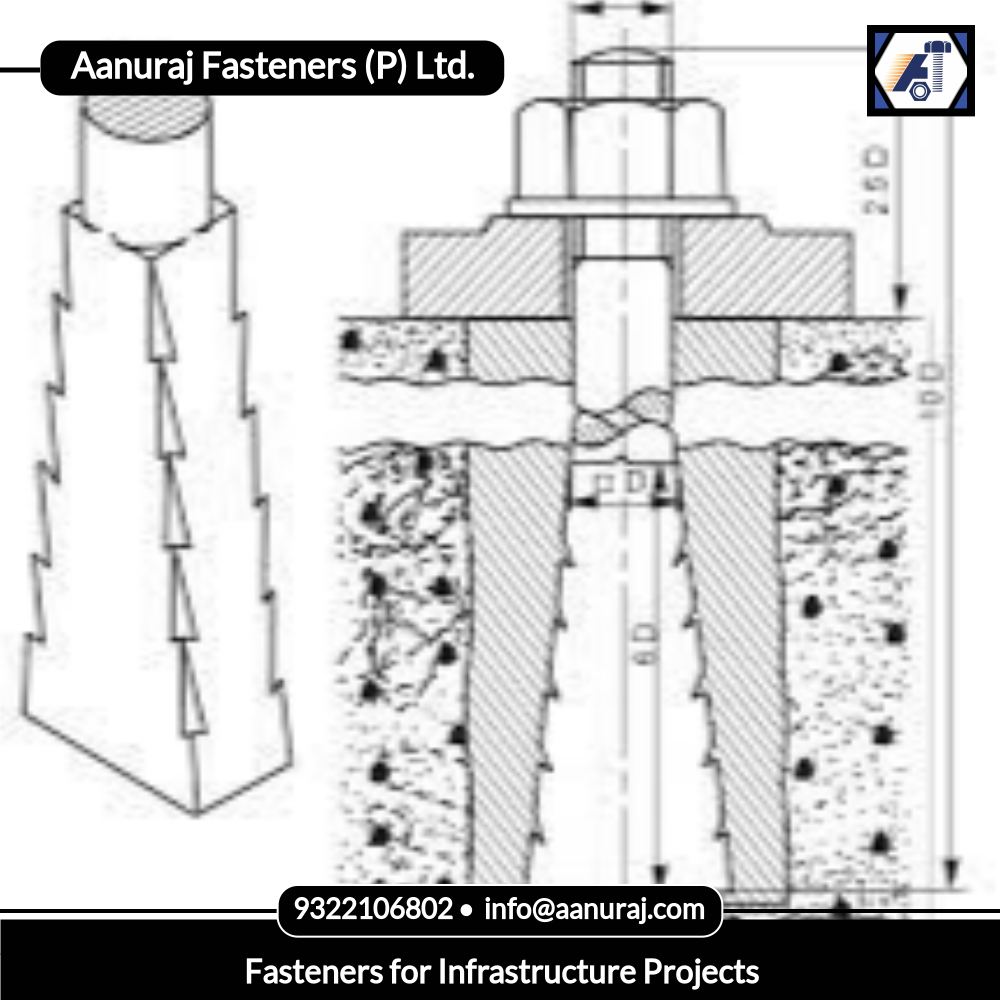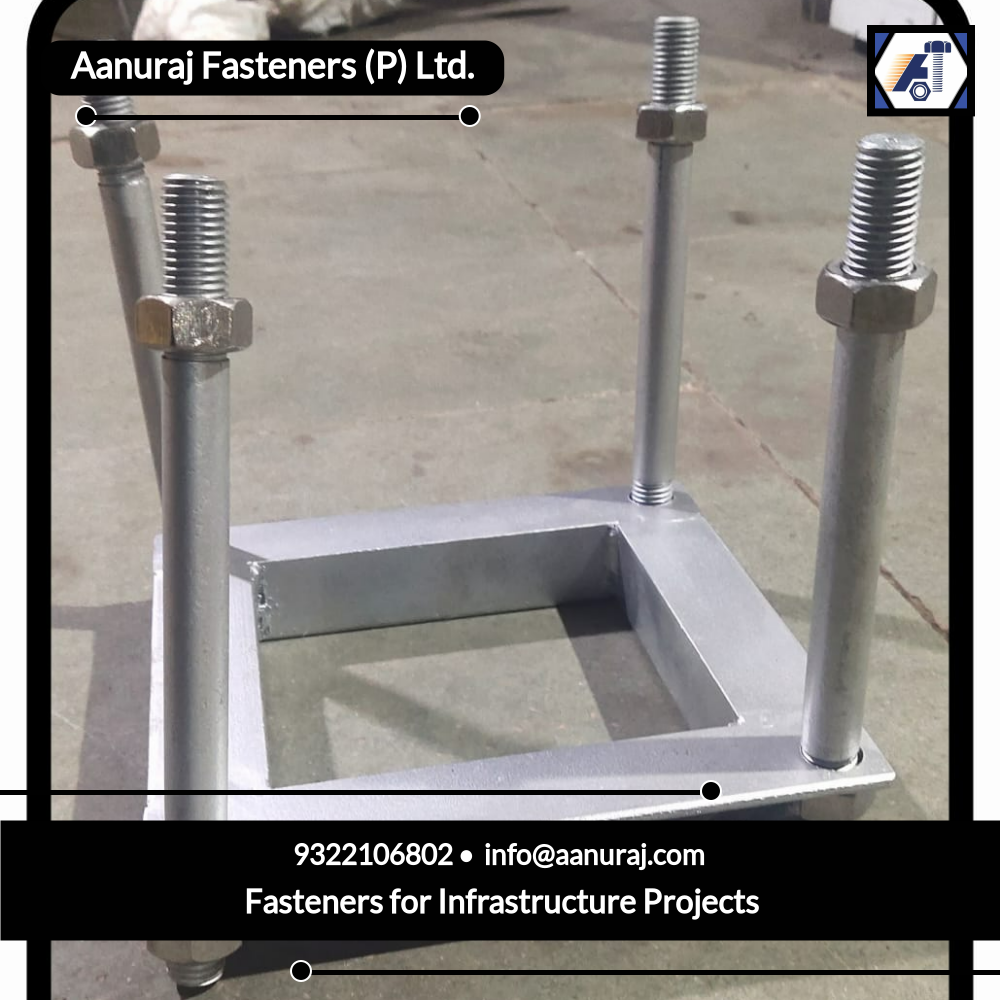



Why Fasteners are Important:
- Corrosion Resistance: Essential for withstanding harsh environmental conditions and extending the lifespan of infrastructure components.
- High Strength: Necessary for supporting heavy loads and ensuring the structural integrity of constructions.
- Durability: Long-lasting fasteners reduce the need for frequent replacements and maintenance.
- Safety: Reliable fasteners ensure the safety of structures, preventing failures and accidents.
- Compatibility: Fasteners must be compatible with various construction materials, such as steel, concrete, and composites.
- Ease of Installation: Simplifies the construction process and reduces labor costs.
- Weather Resistance: Fasteners should withstand extreme weather conditions, including temperature fluctuations and moisture.
- Compliance: Adhering to industry standards and regulations ensures the quality and safety of infrastructure projects.
- Versatility: Suitable for a wide range of applications, from bridges to buildings to road barriers.
- Cost-Effectiveness: High-quality fasteners reduce long-term maintenance costs and improve overall project efficiency.
Important Grades of Fasteners for the Infrastructure Industry:
- 304 Stainless Steel: Offers good corrosion resistance and strength, suitable for general infrastructure applications.
- 316 Stainless Steel: Provides superior corrosion resistance, especially in marine and coastal environments.
- High Tensile Steel: Used in applications requiring high strength and load-bearing capacity.
- Galvanized Steel: Provides additional corrosion resistance through a protective zinc coating.
- Duplex Stainless Steel: Combines high strength with excellent corrosion resistance, ideal for demanding environments.
- Super Duplex Stainless Steel: Enhanced resistance to stress corrosion cracking and pitting, suitable for harsh conditions.
- Hot-Dip Galvanized Fasteners: Increased durability and protection against rust, suitable for outdoor applications.
- Alloy Steel: High strength and toughness, used in critical structural applications.
- Weathering Steel: Forms a stable rust-like appearance, eliminating the need for painting and providing long-term corrosion resistance.
- Carbon Steel: Economical and versatile, used in a wide range of infrastructure applications.
Applications:
- Bridge Construction: Ensuring the stability and safety of bridge structures.
- Building Foundations: Providing strong and reliable connections for building supports.
- Road Barriers: Securing crash barriers and ensuring road safety.
- Railways: Fastening rail tracks and components securely.
- Tunnels: Supporting structural elements in tunnel construction.
- Highways: Connecting components in highway construction and maintenance.
- Marine Structures: Withstanding corrosive environments in docks, piers, and offshore platforms.
- Power Plants: Reliable fastening in energy infrastructure.
- Water Treatment Plants: Corrosion-resistant fasteners in water processing facilities.
- Industrial Facilities: Durable and strong fasteners for various industrial applications.
Keywords: #InfrastructureFasteners #CorrosionResistance #HighStrength #ConstructionSafety #DurableFasteners

